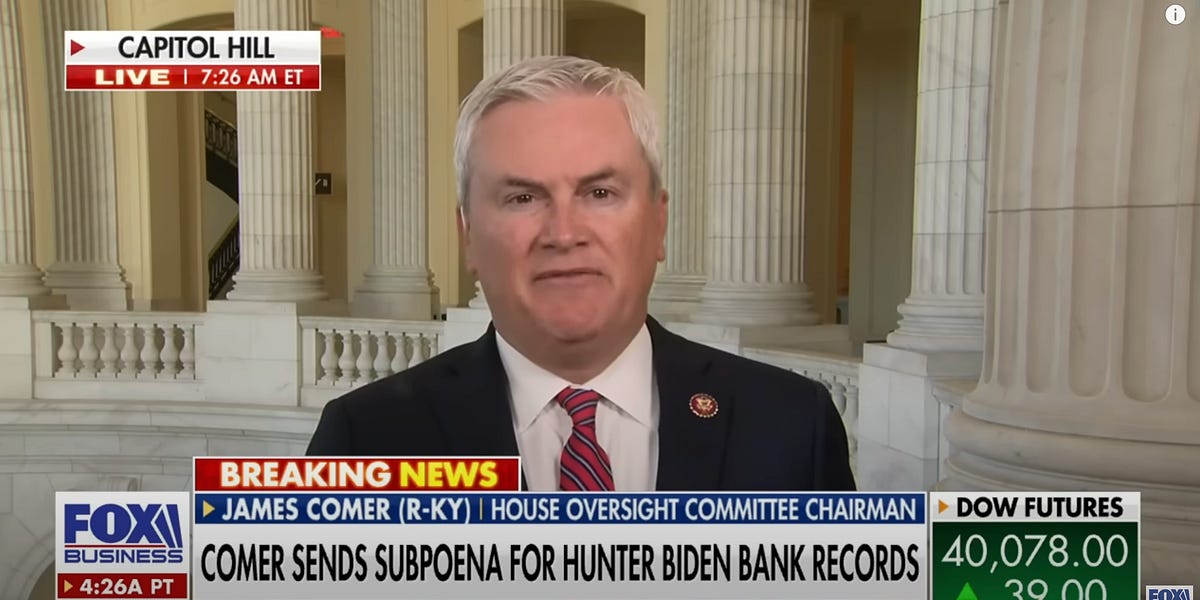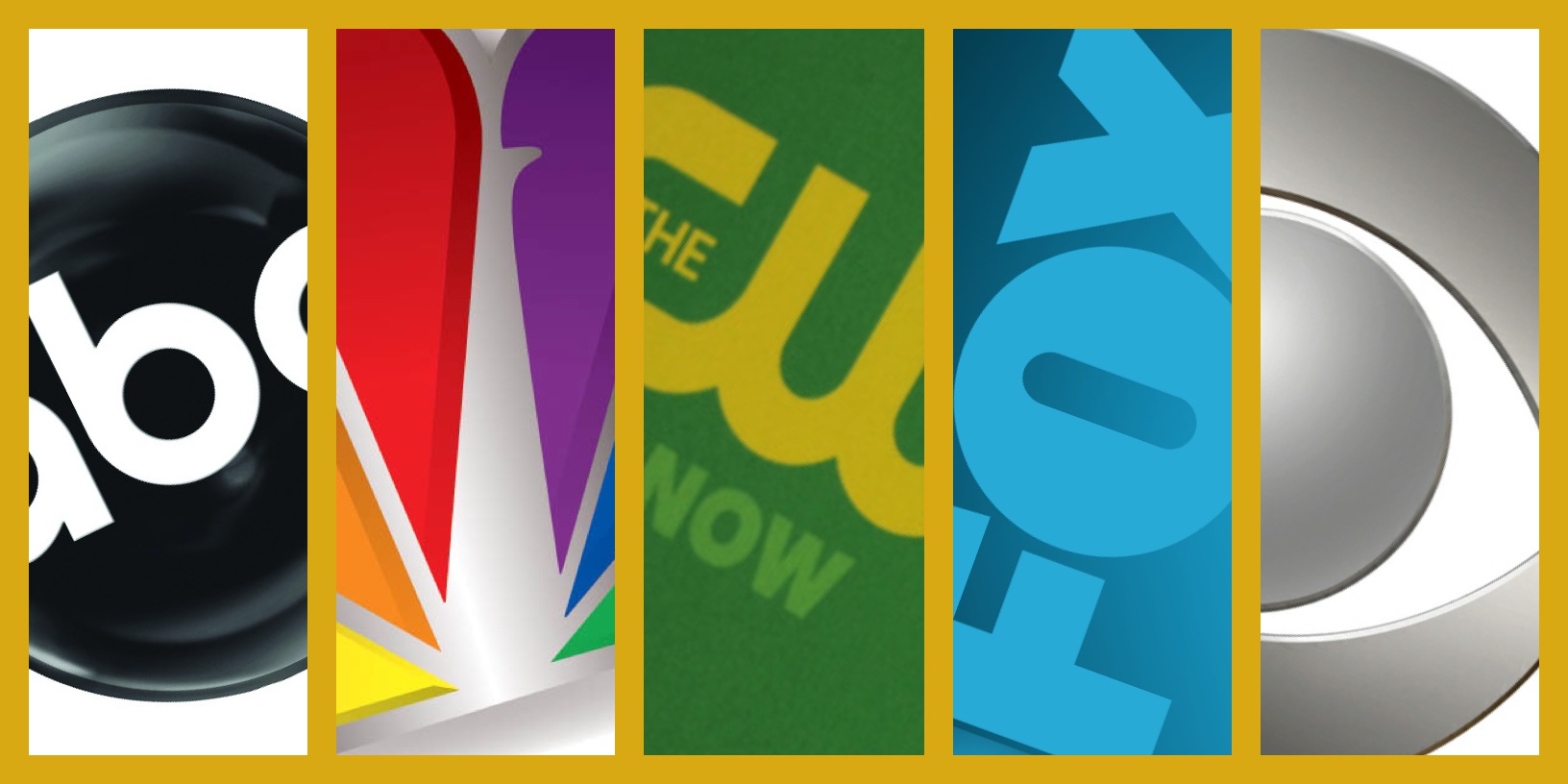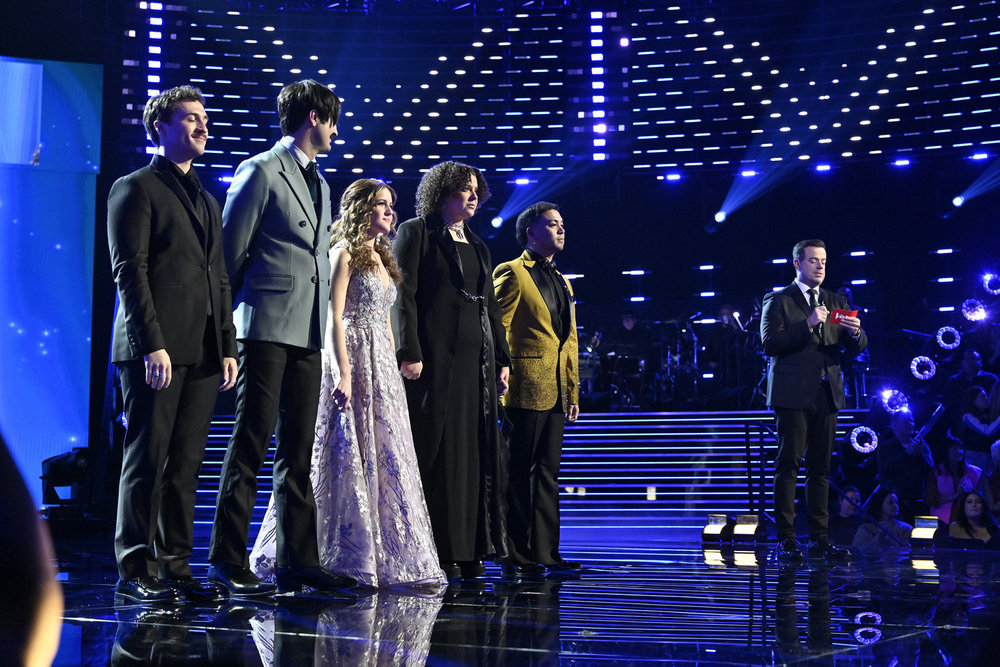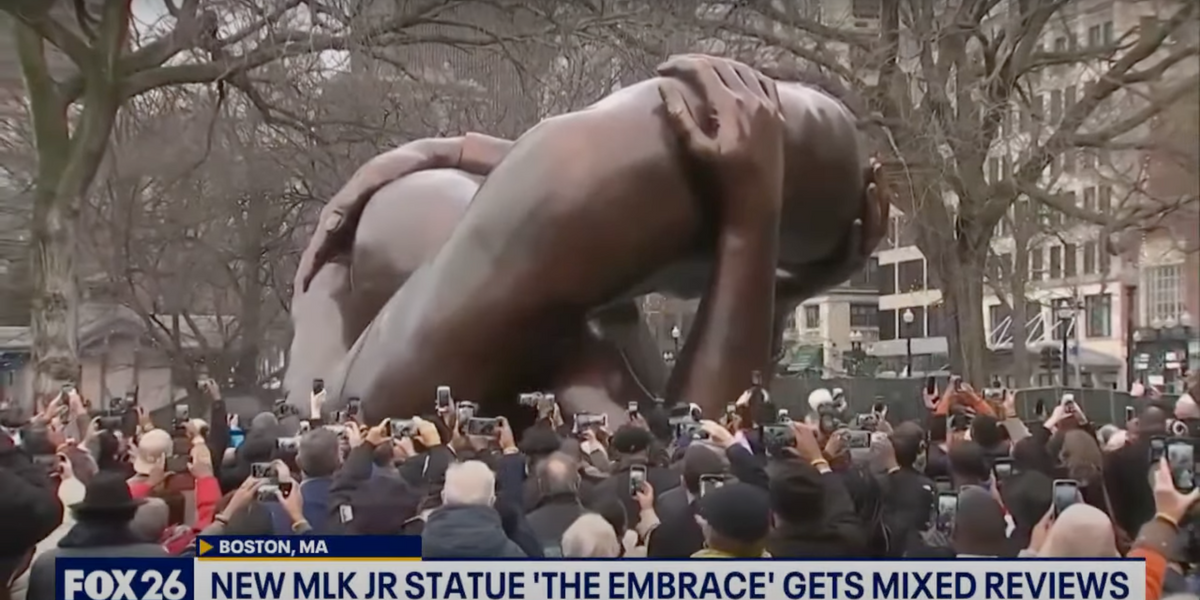TikTok has had a win in its ongoing challenge against the U.S. Government’s forced sell-off bill, with the Supreme Court agreeing to hear its plea against the bill, after it was rejected by an appeals court earlier this month.
In what seemed like it may be the final legal avenue for the company, the U.S. Court of Appeals for the District of Columbia Circuit recently ruled that TikTok’s argument, that the TikTok sell-off bill violates the First Amendment, is not valid in this case due to foreign adversary concerns, and the potential for that adversary to manipulate U.S. citizens via the app.
Which is what many legal experts had anticipated, that no matter what constitutional or technical argument TikTok put forward, the fact the government has invoked national security concerns in this case would overrule any such parameters.
Which, unfortunately for TikTok, also seems likely to be the case again this time around.
In the Supreme Court approval notification, it notes that:
“The parties are directed to brief and argue the following question: Whether the Protecting Americans from Foreign Adversary Controlled Applications Act, as applied to petitioners,
violates the First Amendment.”
So TikTok will be arguing that the very act, which is designed to protect U.S. citizens from foreign adversary interference, is unconstitutional.
Which doesn’t seem likely to be a winning argument.
Part of the broader challenge in cases like this is that TikTok can’t counter a lot of the claims that are foundational to the government’s case, because the detail on foreign adversary concerns is top secret, and/or redacted, and not available for direct prosecution. As such, TikTok isn’t being asked to justify itself, or deny any claims around how its app may or may not be used by foreign operatives to influence, or gather data on American citizens. That’s a whole separate issue, what TikTok’s arguing here is that the rules, as they stand, are not justified in this case.
So it’s taking on the fundamentals of the law itself, not the details of this case.
Which is a much harder battle to win, but then again, the Supreme Court must believe that TikTok has put forward a credible case, or it wouldn’t have approved the hearing.
But this will likely be TikTok’s last legal avenue to avoid a U.S ban.
Though it is important to note that this is not a ban, as such, as the government’s bill isn’t seeking to force the app out, but rather to sell to an American-based business instead. TikTok has argued that this is tantamount to a ban, because it would not be able to split out key elements of its systems, or arrange a sale in the time period outlined (TikTok has till January 19th to comply).
But the bill itself isn’t a ban, as such. Even though the end result, based on TikTok’s statements at this stage, will be its removal from the nation.
So will TikTok actually be removed from U.S. app stores in 30 or so days?
It is looking increasingly likely. And while President-Elect Donald Trump did note on the campaign trail that he would save TikTok if elected, in a recent interview, he seemed less committed to doing so, or at least, less confident that he would be able to save it, based on the current situation.
There are still some other avenues for TikTok to consider. If it arranged a sale to a U.S. business, for example, the government may grant it an extension to finalize such a deal, which would ensure that it remains active in the U.S. TikTok was almost sold to an Oracle/Walmart consortium back in 2020, the last time it faced removal from the U.S., and maybe, the basic framework of that deal could be reestablished quickly.
That could be one potential option, though whether the Chinese Government would allow such is another question.
There is also the Trump angle, and after he’s inaugurated next month, Trump may have more avenues to negate the bill, if he’s determined to do so.
So not all hope is lost as yet, and again, TikTok must have a reasonably compelling case for the Supreme Court to hear. So there are still scenarios in which TikTok remains unaffected for U.S. users.
But time is running out, and right now, the signs are not great.
The Supreme Court hearing will be held on January 10th.



































































